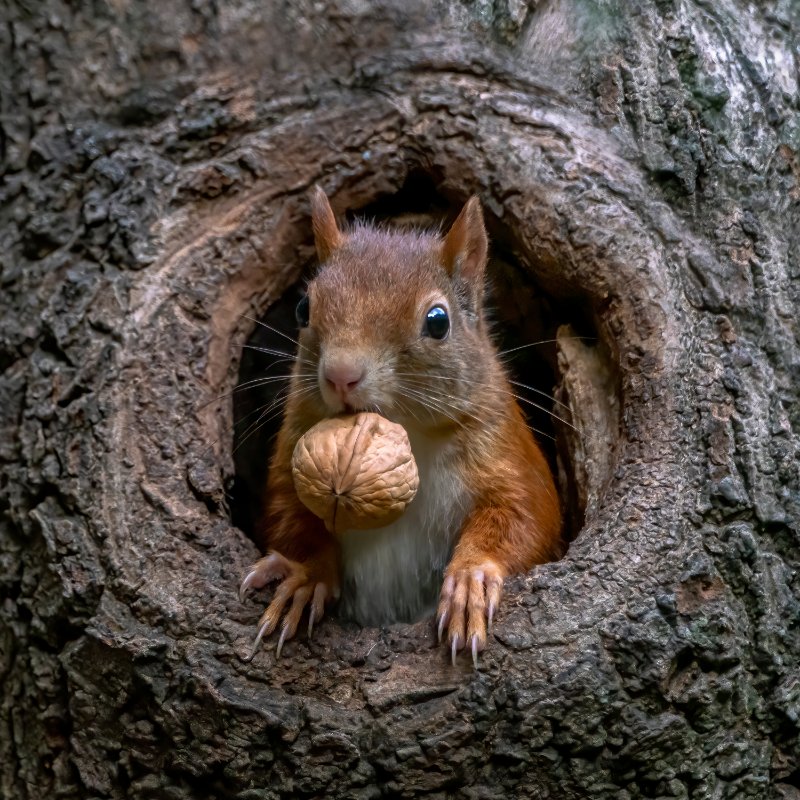“The Scoop on Squirrel Droppings: What You Need to Know”
Ever wondered about the mysterious world of squirrel droppings? It’s more than just remnants of squirrel snacks. These small brown pellets provide crucial insights into the presence and activities of these furry backyard visitors. But more importantly, they may pose potential health risks, warranting immediate attention.
Dealing with Uninvited Guests
Squirrels, cute as they may be, aren’t always the best house guests. When they find their way into human habitats like basements or attics, they’ll likely set up shop until intervention occurs. Fear not though, because there’s much you can do to address this.
Attracting Fellow Squirrels
Besides the noise they bring, an even more pressing concern is the squirrel droppings they leave behind. These droppings emit a powerful scent that attracts more squirrels. And as more squirrels get the message, your attic transforms into a bustling squirrel community.
The Possible Risks of Squirrel Droppings
Beyond the initial annoyance, be aware of the potential health hazards going hand in hand with these droppings.
Harbor of Diseases
Despite their tiny size, squirrel droppings can be powerful carriers of diseases harmful to humans. Some examples include the plague or tularemia. And worryingly, you don’t need to touch or consume them to get infected – inhalation is a common transmission method.
Hosting Unwanted Pests
Squirrels provide a moving home to fleas, ticks, and mites. Once in your house, these parasites won’t hesitate to switch hosts, posing even further health risks.
Professional Help: Your Best Bet against Squirrel Droppings
Given the risks, it’s best to enlist professional help when dealing with squirrel invasions. These experts have the necessary tools and know-how to tackle the situation effectively.
Using a HEPA Vacuum
Standard vacuums might inadvertently spread contaminated dust throughout the house. In contrast, HEPA vacuums capture and contain the contaminants, ensuring safer clean-up.
Disinfection and Ensuring the Issue Won’t Return
Cleaning doesn’t stop at vacuuming. Professionals also use disinfectants to eliminate lingering bacteria. And most importantly, they inspect the premises to identify and close any squirrel entrances, preventing recurring invasions.
In a nutshell, understanding squirrel droppings is key in handling residential squirrel issues. Armed with awareness, you’re set to keep both your home and family safe.

